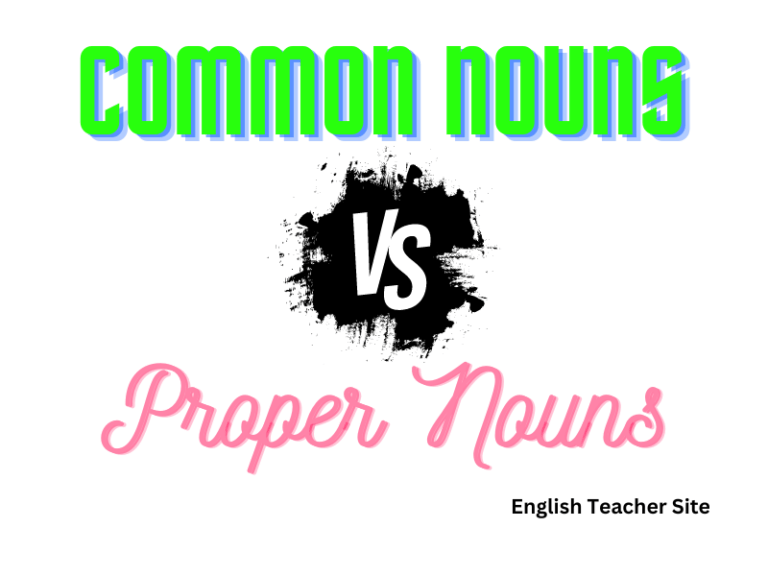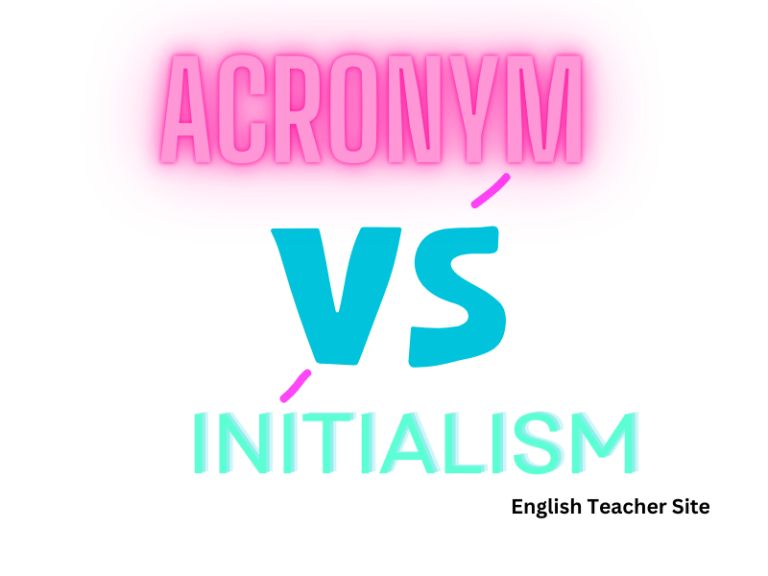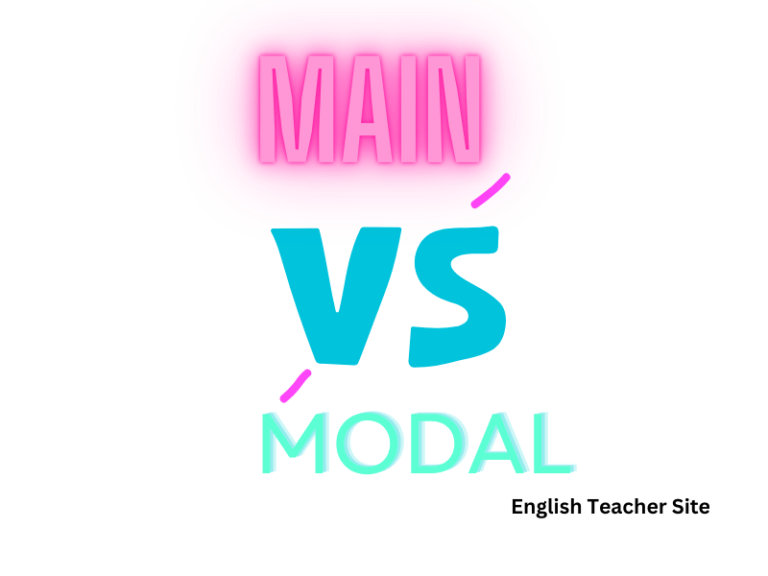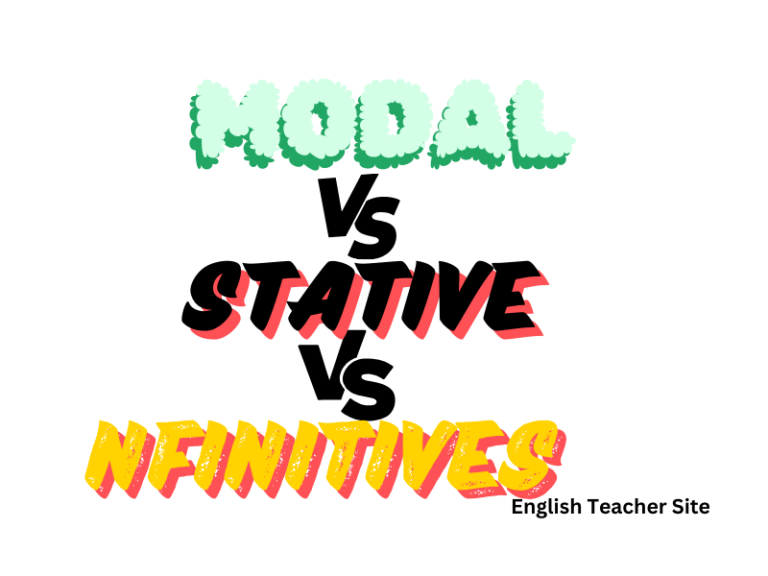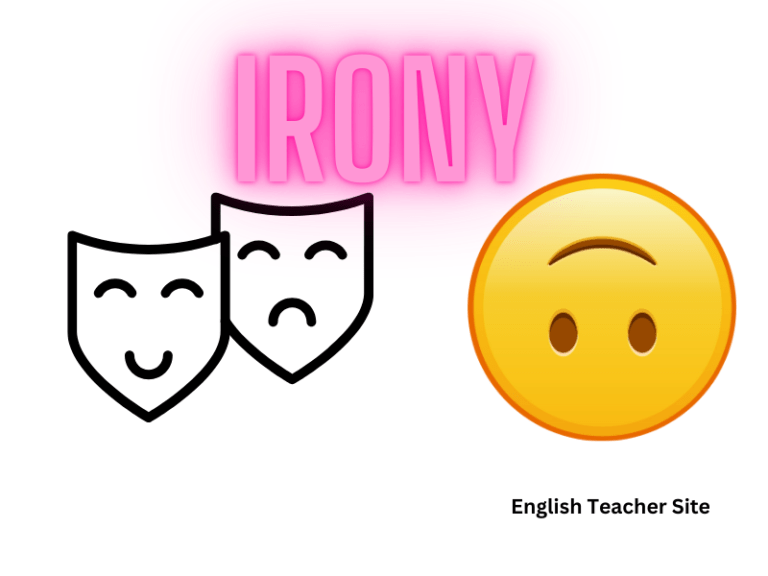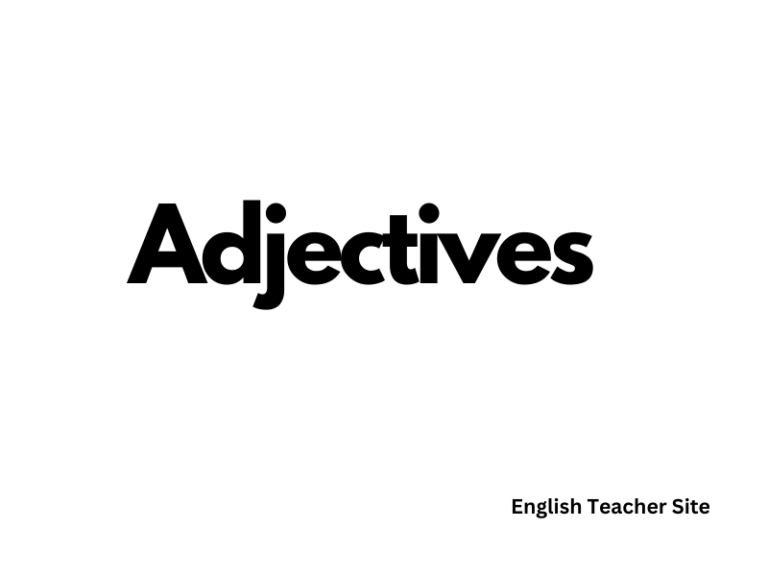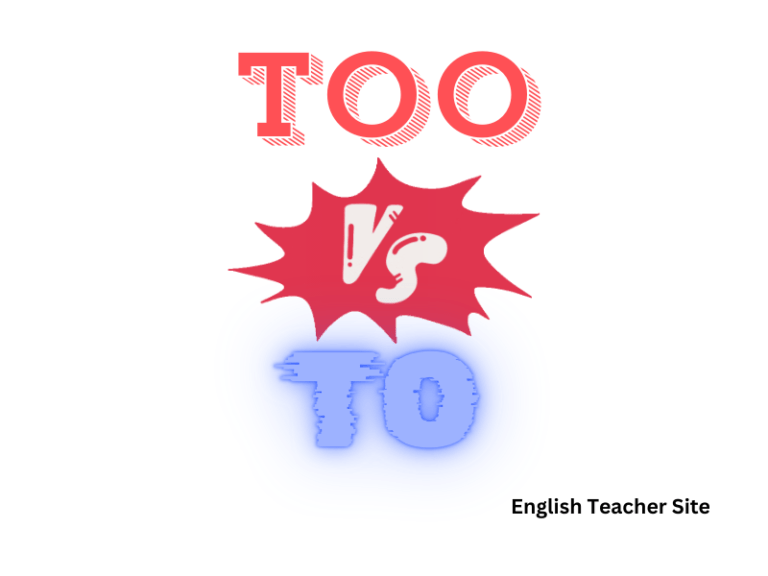What Are Common Nouns vs Proper Nouns: Understanding the Basics
Correctly using common and proper nouns is essential for clear communication in English. When writing, one must capitalize proper nouns to signal their importance and distinguish them from common nouns. Conversely, common nouns are only capitalized if they start a sentence or are part of a title. Being able to identify and use these types…

